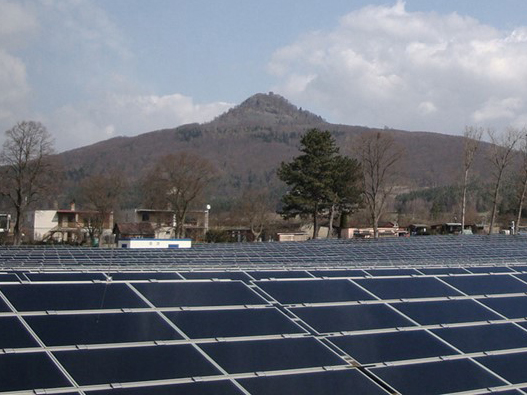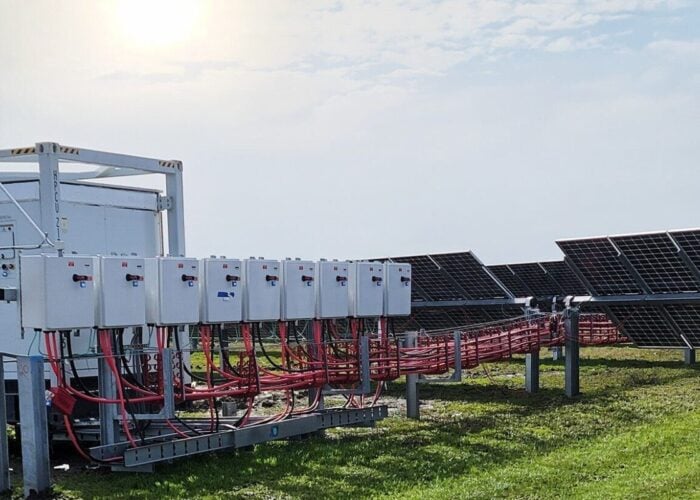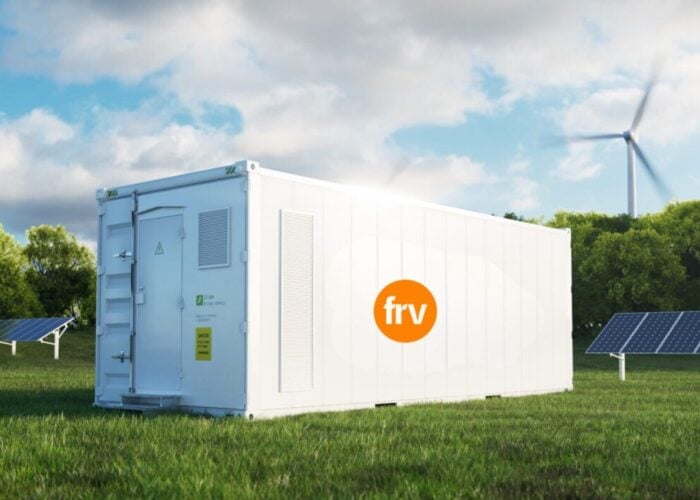
Southeast Asian independent power producer (IPP) Levanta Renewables has acquired a 139.4MWp operational solar PV portfolio in Thailand.
The portfolio consists of 24 ground-mounted projects across four Thai provinces, all of which are contracted under 25-year power purchase agreements (PPA) with the Provincial Electricity Authority of Thailand.
Try Premium for just $1
- Full premium access for the first month at only $1
- Converts to an annual rate after 30 days unless cancelled
- Cancel anytime during the trial period
Premium Benefits
- Expert industry analysis and interviews
- Digital access to PV Tech Power journal
- Exclusive event discounts
Or get the full Premium subscription right away
Or continue reading this article for free
Levanta Renewables – owned by renewable energy infrastructure investor Actis – took a 90% majority ownership in the portfolio from Thai project developer Super Energy Corporation Public Co. The acquisition marks Levanta’s entry into the Thai market and contributes to its goal to have 1.5GW of operational renewable energy capacity across Southeast Asia, according to the company.
The company established a Bangkok office earlier this year, CEO Sudhir Nunes said, with a view to establishing a corporate & industrial (C&I) sector presence in Thailand’s solar market.
Nunes continued: “We intend to leverage this acquisition to further pursue greenfield and brownfield opportunities for both utility-scale and C&I projects in Thailand.”
Actis, Levanta’s parent company, now owns nine energy generation businesses across Asia with around 5.6GW of renewable energy generation capacity. In May 2023 the company launched a Japanese renewable energy platform seeking to develop 1.1GW of new solar and wind capacity by 2027.
More recently, the firm established a new IPP in Peru to seek 12GW of new capacity developments across renewables and gas generation.
The broader Southeast Asian region is a significant area of growth for the solar PV industry. In addition to project developments like this one, a recent report from the Institute for Energy Economics and Financial Analysis (IEEFA) found that the region could play a significant role in balance of system (BOS) component manufacturing for the solar industry.
Thailand and other countries in the region already play host to significant Chinese-owned solar manufacturing capacity, but the IEEFA said that tracker, inverter, racking and other BOS manufacturing – largely to target domestic markets as solar deployments increase – could introduce millions of dollars of investment to the region.






